Hayward and Moody Blues on another sojourn
Share
postbulletin.com
Justin Hayward and the Moody Blues take nearly 50 years of history with them when they go on stage.
"It's something you don't want to give up easily," Hayward, the band's lead singer and chief songwriter, said last week. "I suppose it comes down to a shared love of the music," he said in reference to the enduring partnership between himself and longtime Moodies John Lodge and Graeme Edge.
"Of course, it requires an audience," Hayward said. "But for me, if nobody was buying my solo stuff, I'd be at the park doing it anyway."
There's little danger of that, either with Hayward, 66, who has just released a live solo album on the heels of a well-received solo album, or the Moody Blues, who have sold 70 million records and whose current tour brings them to Minneapolis on Tuesday and La Crosse, Wis., on Sept. 2.
Hayward, who wrote and sang the Moody Blues hits "Nights in White Satin," "Tuesday Afternoon" and "Your Wildest Dreams," talked in a phone call from a tour stop in Boston.
Hayward was born and raised in Swindon, a major railroad junction west of London (as were Rick Davies of Supertramp and the members of XTC).
"I couldn't wait to leave," he said. "Music was exactly the ticket out. There weren't many choices there in the '50s and '60s. When I heard Buddy Holly, my whole mind was focused on what I wanted to do."
Hayward left school and Swindon at age 16 and headed for London, where the Beatles had just broken big and were inspiring an entire generation of British musicians. Eventually, Hayward found his way in late 1966 to the Moody Blues, and with "Nights in White Satin," helped steer the band away from rhythm and blues toward a more orchestral, psychedelic sound.
The band's breakthrough album, "Days of Future Passed," originally was recorded to demonstrate the stereo capabilities of their record company. It became a huge hit, and Hayward still marvels at it.
"Even now when I listen to it, I think 'How the hell did we do that?'" he said.
Subsequent albums — "On the Threshold of a Dream," "To Our Children's Children's Children," "Every Good Boy Deserves Favor," "Seventh Sojourn" — were equally as successful.
Many of the songs on those albums were written by Hayward. He was asked about the bittersweet, melancholy nature of much of his material.
"I've noticed that, and I've tried not to analyze it, not to go into therapy," he said. "I'm stuck with that kind of style."
It's a style that has served Hayward, and the Moody Blues, well for nearly five decades.
